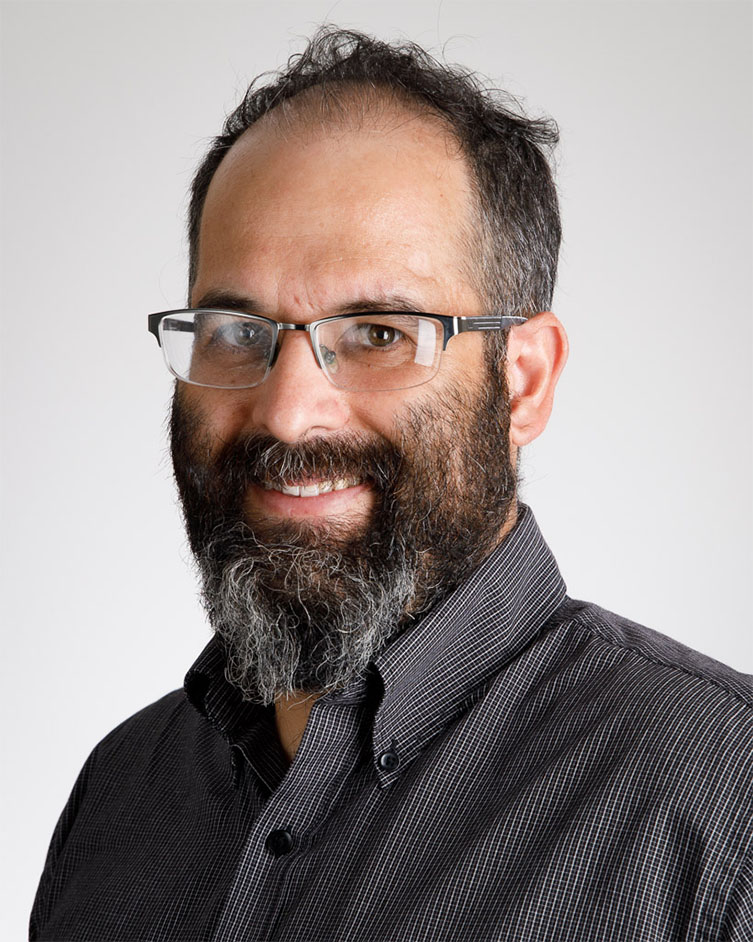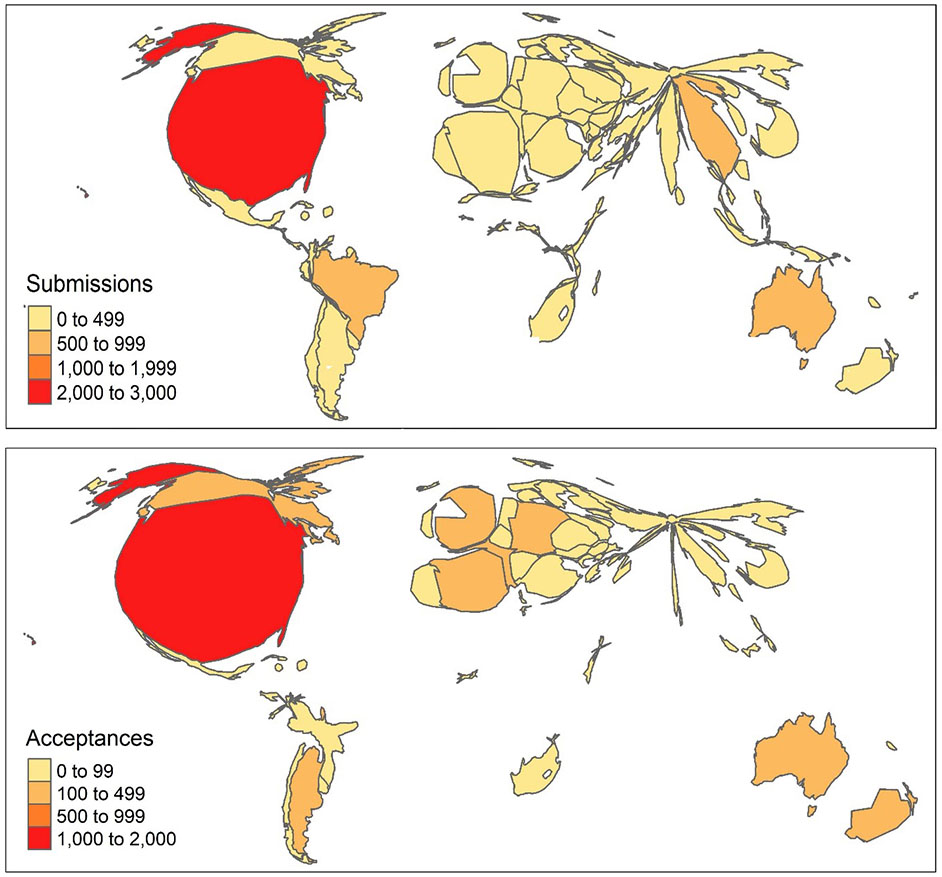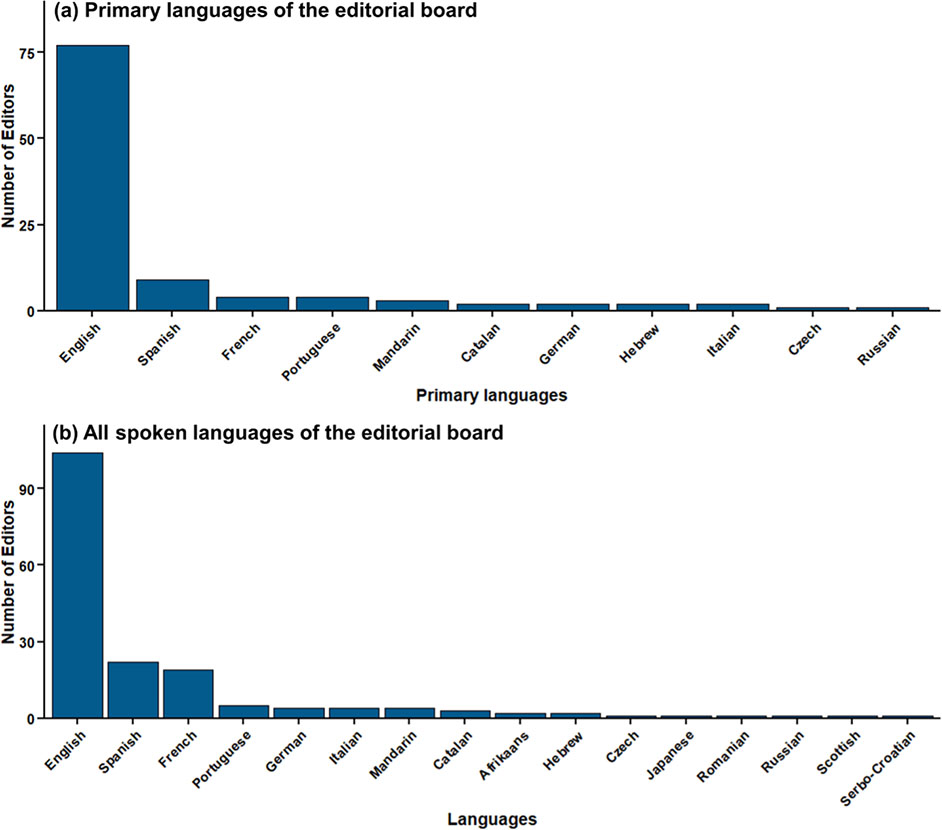Associate Professor Martin Nuñez and International Colleagues Investigate Biological Invasions Journal
A variety of issues related to diversity, equity and inclusion were published by University of Houston associate professor of biology and biochemistry Martin Nuñez and an international group of collaborators in the journal Biological Invasions.

Their studies take a closer look at the makeup of the journal itself. The group tackles three topics: national affiliation of corresponding authors, editorial board demography and gender inclusivity at the journal.
"Biological invasions are a global problem,” said Nuñez, who is an associate editorial board member of the journal and faculty at UH’s College of Natural Sciences and Mathematics. “We cannot afford to ignore a large part of the planet if we are after global solutions.”
Nuñez is author on all three studies and lead author of the publication titled, “Two decades of data reveal that Biological Invasions needs to increase participation beyond North America, Europe, and Australasia.” This study analyzed submissions, reviews and publications in the journal from its first issue in 1999 to 2020.

Nuñez and his colleagues found the rates of manuscript acceptance for publication was 49% for North America, 45% for Australasia, 34% for Europe and about 25% for all other regions. They report North America, Europe and Australasia overall submitted and published the most articles and supplied the most reviewers and journal editors.
According to their study, the causes of the skewed geographic distribution of publications are often related to socio-economic factors but also due to language barriers.
"Changing the current uneven distribution of editors, authors and readers is a very complex task, but we need to start somewhere,” said Nuñez.
The paper’s authors shared their analysis with Biological Invasion’s editorial board to make them aware of countries and regions with few or no papers published in the journal. “This does not mean submissions of countries underrepresented in the journal should be accepted more readily,” they write, “as the scientific rigor employed in assessing the scientific quality of studies should be the same for all submissions.”

Editor Diversity and Gender Inclusivity
In the paper examining editorial board diversity, researchers found more than 85% of editors identify as white, more than 70% speak English as their primary language, more than 60% identify as male and nearly half of editors are U.S. nationals.
Editors oversee selection of research papers for publication and invite colleagues to participate in the peer-review process.
“We hope that this publication sets a precedent of more transparency about the editorial board membership at Biological Invasions,” the authors write, “and provides information on the current areas of expertise of the board that could guide future invitations to potential new editors.”
Many of the same authors also wrote a paper on gender and LGBTQIA+ inclusivity at Biological Invasions. The group proposes creating development and adoption procedures to make it easier for authors to amend their names retroactively on publications. They also recommend providing guidance on gender-neutral language in submission and editorial communications.
Deah Lieurance, the paper’s first author and an extension scientist at the University of Florida said, “as a member of the LGBTQIA+ community, I have been aware of the difficulties the trans community has when trying to correct the record when they change their name.”
“Using gender neutral language when you don't know the gender of the person you are referring to avoids inadvertently misgendering editors, reviewers and authors,” Lieurance adds.
Ultimately, the group wants to more accurately study biological invasions on the planet by including more scientists across the globe.
"The risk of ignoring most of the planet when it comes to understanding ecological processes, such as biological invasions, is that we may end up with the wrong idea of how nature works,” Nuñez said.
These recent papers are part of Nuñez's effort to increase diversity and inclusion in biological science. Earlier this year, he also published papers in Nature Ecology and Evolution and Trends in Ecology and Evolution on the topic.
- Rebeca Trejo, College of Natural Sciences and Mathematics